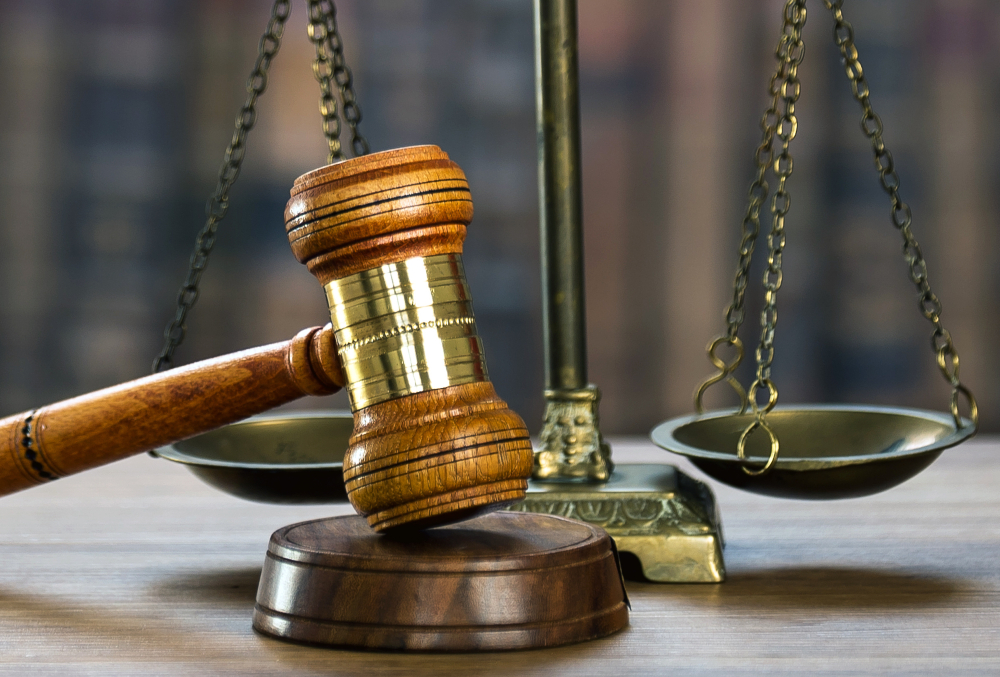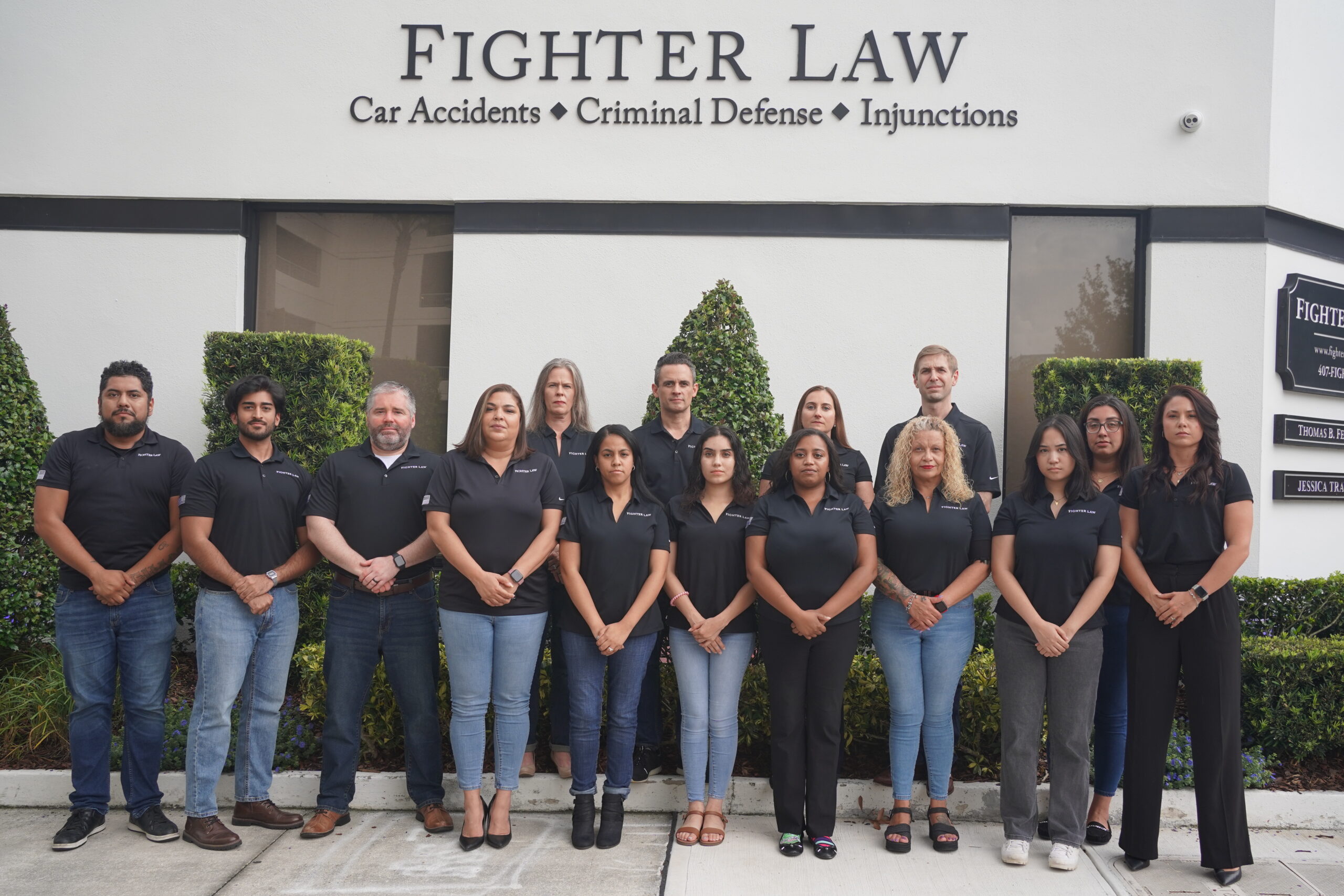Possession of Drug Paraphernalia
Drug Paraphernalia is a first-degree misdemeanor punishable by up to one-year in jail or one-year probation and a $1,000 fine. Often times drug paraphernalia is a last resort charge that police will arrest you for when they can’t get you for possession. That being said, drug paraphernalia is a crime which can be brought on its own or as an added criminal offense accompanied by a possession charge.
Resources For Drug Paraphernalia Charges
What is Drug Paraphernalia?
Section 893.145 of the Florida Statutes, defines the term Drug Paraphernalia as “all equipment, products, and materials of any kind which are used, intended for use, or designed for use in planting, propagating, cultivating, growing, harvesting, manufacturing, compounding, converting, producing, processing, preparing, testing, analyzing, packaging, repackaging, storing, containing, concealing, transporting, injecting, ingesting, inhaling, or otherwise introducing into the human body a controlled substance…”
The statute includes examples of what could be considered drug paraphernalia, but the list is not exhaustive. Some items include:
- Baggies;
- Balloons;
- Bongs;
- Bowls;
- Containers and other items used in concealing, storing, or transporting controlled substances;
- Cocaine spoons and vials;
- Hypodermic syringes;
- Scales;
- Smoking and carburetion masks;
- Roach clips;
- Rolling papers;
- Pipes;
And the list goes on…
Just remember, almost anything that could be used, or intended to use, for injecting, ingesting, inhaling, or otherwise introducing an illicit drug into the human body could be considered drug paraphernalia.
What the State Must Prove:
In order for the State to successfully convict someone for the crime of Use or Possession With Intent to Use Drug Paraphernalia the State must prove beyond and to the exclusion of all reasonable doubt the following two elements:
- The Defendant knew of the presence of drug paraphernalia; AND
- The Defendant used OR possessed the drug paraphernalia with intent to use it.
How to Defend Against a Charge of Drug Paraphernalia?
The first part the State must prove is knowledge of the drug paraphernalia.
Depending on the facts of your case, there can be several ways we can argue on your behalf to show that you were unaware of the presence of drug paraphernalia.
The second element includes the key factors: “used or possessed” and “with intent to use” that the State is required to prove. Under Florida law, possession can be proven by actual or constructive possession.
Actual possession requires the State to prove that the Defendant was aware of the drug paraphernalia. The State can prove this by showing that the drug paraphernalia was in the hand of or on the person, or the drug paraphernalia was so close as to be within ready reach and is under the control of the person.
Constructive possession requires the State to prove that the Defendant was aware of the drug paraphernalia, that the item was in a place controlled by the Defendant and the Defendant controlled the drug paraphernalia.
Constructive possession is more difficult for the State to prove beyond a reasonable doubt. The State can show constructive possession if, for example, the drug paraphernalia is inside a vehicle or room and the Defendant is the only person in that room or vehicle. It gets more difficult when the room or vehicle is jointly occupied.
To prove intent, the State must show that the drug paraphernalia was used or will be used to ingest, inhale, or inject an illicit substance into the human body. Again, the State has a more difficult time depending on the facts of each individual case. Many courts have held that an officer can identify cannabis based on the appearance, odor, and packaging. A.A. v. State, 461 So. 2d 165, 166 (Fla. 3rd DCA 1984). Based upon this, an officer may identify that a pipe or rolling papers were sufficiently close in time and space with raw cannabis and the State may attempt to prove intent in this manner. The officer may also use a field test kit to show the residue inside a pipe or syringe is that of an illicit substance and courts have found that is enough to show that the item was used with the intent to inhale or inject an illicit substance.
In both of these examples the Defendant could be arrested and charged for possession of an illicit substance and drug paraphernalia.
Don’t let it happen to you! Hire an experienced criminal defense attorney to help guide you through the legal process and get your drug paraphernalia charge dropped.








